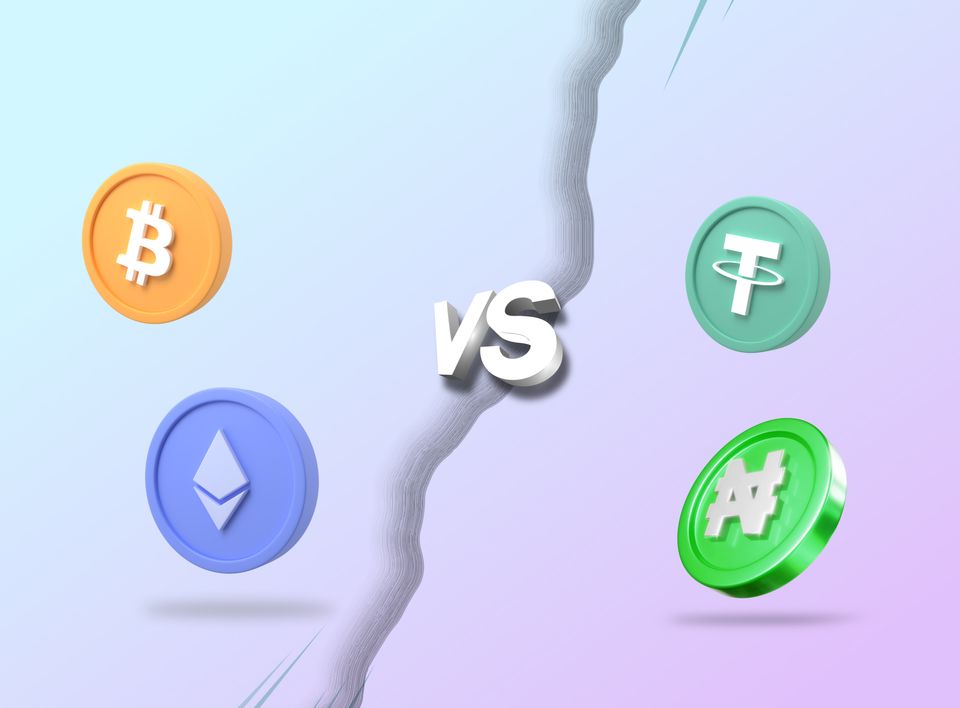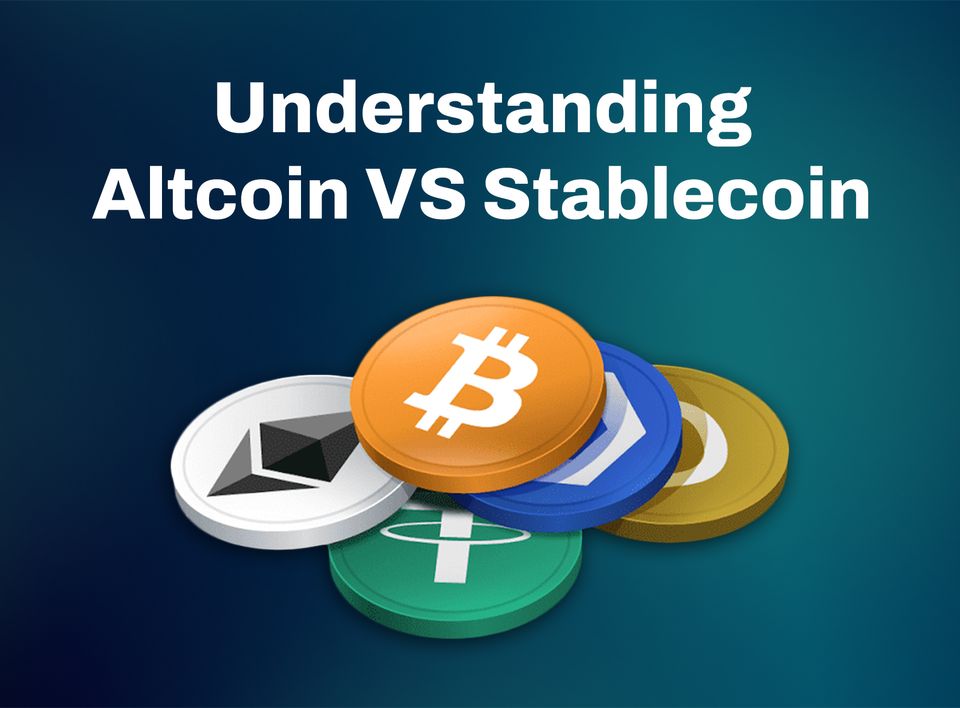Cryptocurrency and Inflation; Top 5 Inflation-Proof Cryptos to Buy

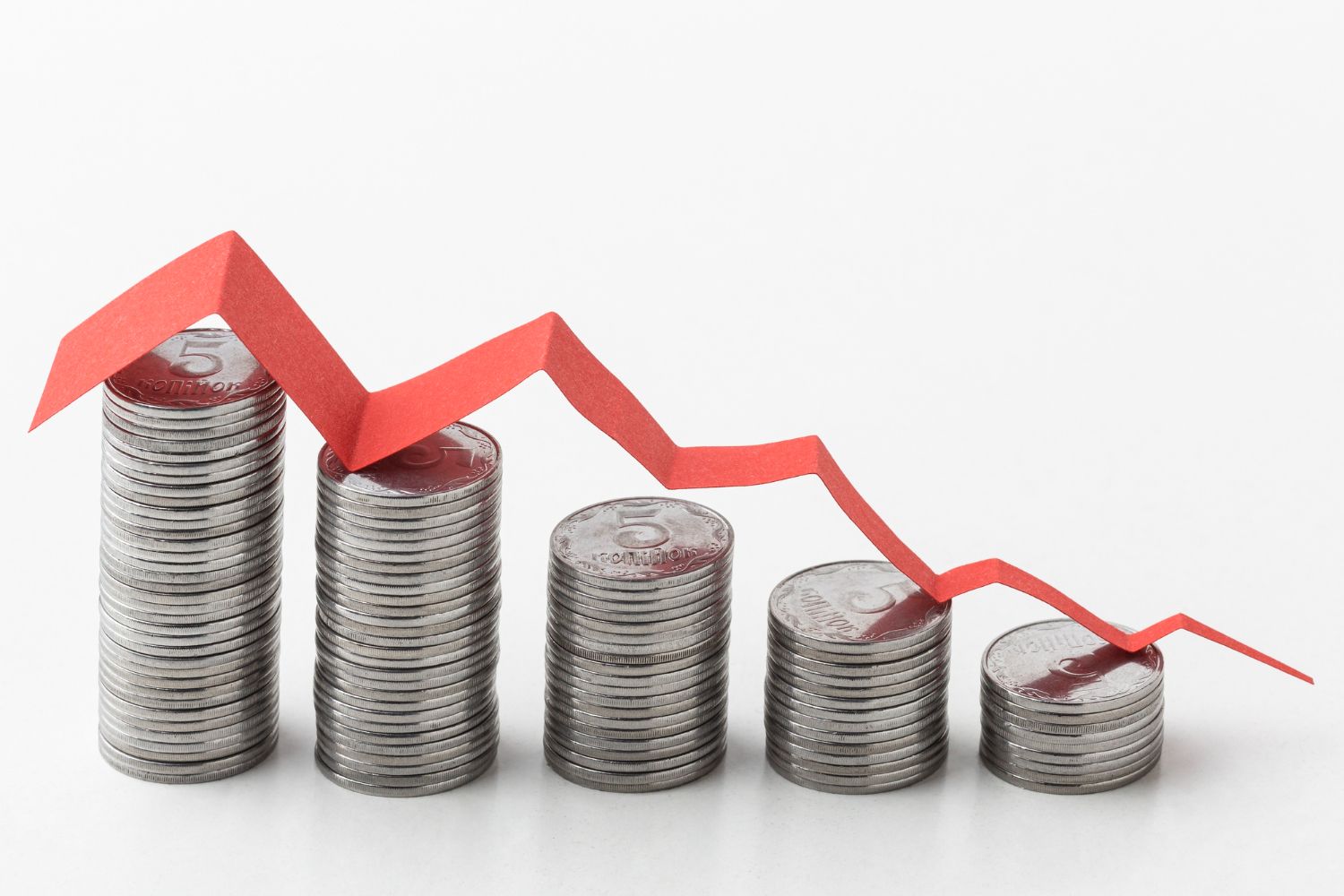
Inflation is an increase in prices, which often reduces purchasing power and the ability to comfortably afford things like food, housing, transportation and other basic amenities.
Inflation typically happens when economic changes send prices significantly skyrocketing, thereby lowering the average purchasing power. This means each naira, dollar, pound, yen, franc or currency you earn buys you fewer products and services.
What Causes Inflation?
There are three major causes of inflation:
- Demand-pull inflation
- Cost-push inflation
- Built-in inflation
Demand-pull inflation: In this situation, enough products or services are not being produced to match the demand, effectively causing their prices to increase.
Cost-push inflation: This type of inflation happens when the production cost of goods and services increases, causing businesses to increase their prices.
Built-in inflation: This happens when workers demand an increase in salaries and wages to survive the increasing cost of living. This causes businesses to increase their prices to keep up with the increase in wages/salaries. Put together, we have an all-around wage and price increase happening, sending the economy into an inflationary period.
How inflation affects you
Inflation means you have to pay more for the same quantity (or even less) of goods and services.
Let's consider a family's monthly food budget. Suppose a family typically spends ₦50,000 on food per month, which includes items like rice, beans, meat and other things.
Due to inflation, the prices of these items gradually increase over time. As a result, the same things that used to cost ₦50,000 now cost ₦80,000
This price increase reduces the purchasing power of the family's income, forcing them to either cut back on their budget or allocate more money for food, thus affecting their overall household budget.

Now, let's look at an individual's transportation expenses. Imagine a person who takes a bus daily to work.
Suppose they usually spend ₦500 daily back and forth from their office. However, due to inflation, the cost of transportation gradually rises and is now ₦800
As a result, this person's monthly transportation costs increase significantly, impacting their overall budget and reducing the amount of money they have available for other expenses or savings.
Inflation can affect the price of your daily necessities, from the food you eat to the clothes you wear and even the little treats you give yourself. If your income doesn't increase as market prices rise, your buying power declines, and your living standard falls over time.

How does Inflation affect cryptocurrency?
Cryptocurrencies are affected by inflation, but their rates are predictable and can be controlled, which sets them apart from traditional fiat money (like the US Dollar or Nigerian Naira)
Bitcoin, in particular, has a unique feature: the amount of new Bitcoin being created is automatically reduced by half every four years. This reduction helps to decrease inflation rates over time.
Inflation exists in all other cryptocurrencies too, but some have a maximum limit on how many coins can be created, like Bitcoin, which is capped at 21 million coins, BNB capped at 166,801,148, SOL at 488,630,611, and LTC at 84,000,000.

How does cryptocurrency work as a hedge against inflation?
Bitcoin and other cryptocurrencies are not completely immune to inflation but are designed to resist its effects better than traditional currencies.
As we stated before, some cryptocurrencies have a fixed limit on how many coins can be created, while others do not. With fiat currencies, central banks decide how much money to create based on their estimation of the demand.
Unlike fiat currencies, cryptocurrencies have the potential for long-term growth, despite their reputation for being volatile.
However, in the world of cryptocurrencies, coin holders can have the power to influence the supply.
This means that the community of coin holders can collectively decide whether to increase or decrease the supply of a particular coin. This democratic approach makes inflation control more inclusive and accessible.

Top 5 inflation-proof and resistant cryptos to buy in 2023
People often search for ways to invest their money or currencies to hold as a hedge against inflation or stop their money from losing (excess) value.
Here are the top five inflation-resistant cryptos to invest in and add to your portfolio.
Bitcoin (BTC)
Coming in strong at number one is Bitcoin.
Bitcoin was created in 2009 by an anonymous creator (or creators) named Satoshi Nakamoto. It's the first official cryptocurrency and has the biggest market capitalisation of $584.
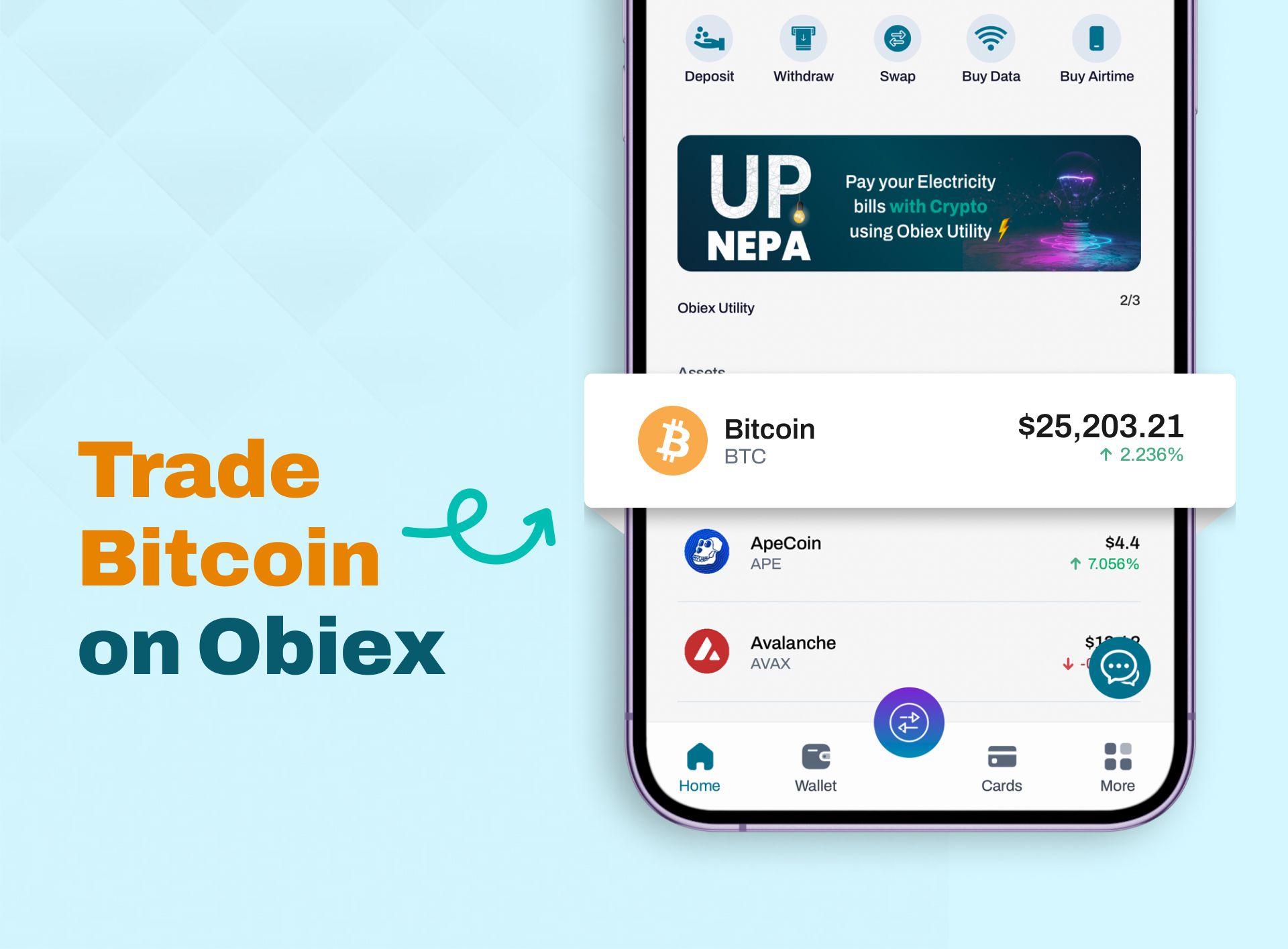
Bitcoin has gone through many changes since its inception but has held its ground reasonably well. In 2021, BTC hit an all-time high of $68,789.63. Currently, it is trading at $30,203.
Ethereum (ETH)
Ethereum, or ETH, is an open-source blockchain used to build smart contracts and process crypto transactions. It is also linked to its own cryptocurrency, Ether - ETH, which is second only to Bitcoin when it comes to market value ($225B).
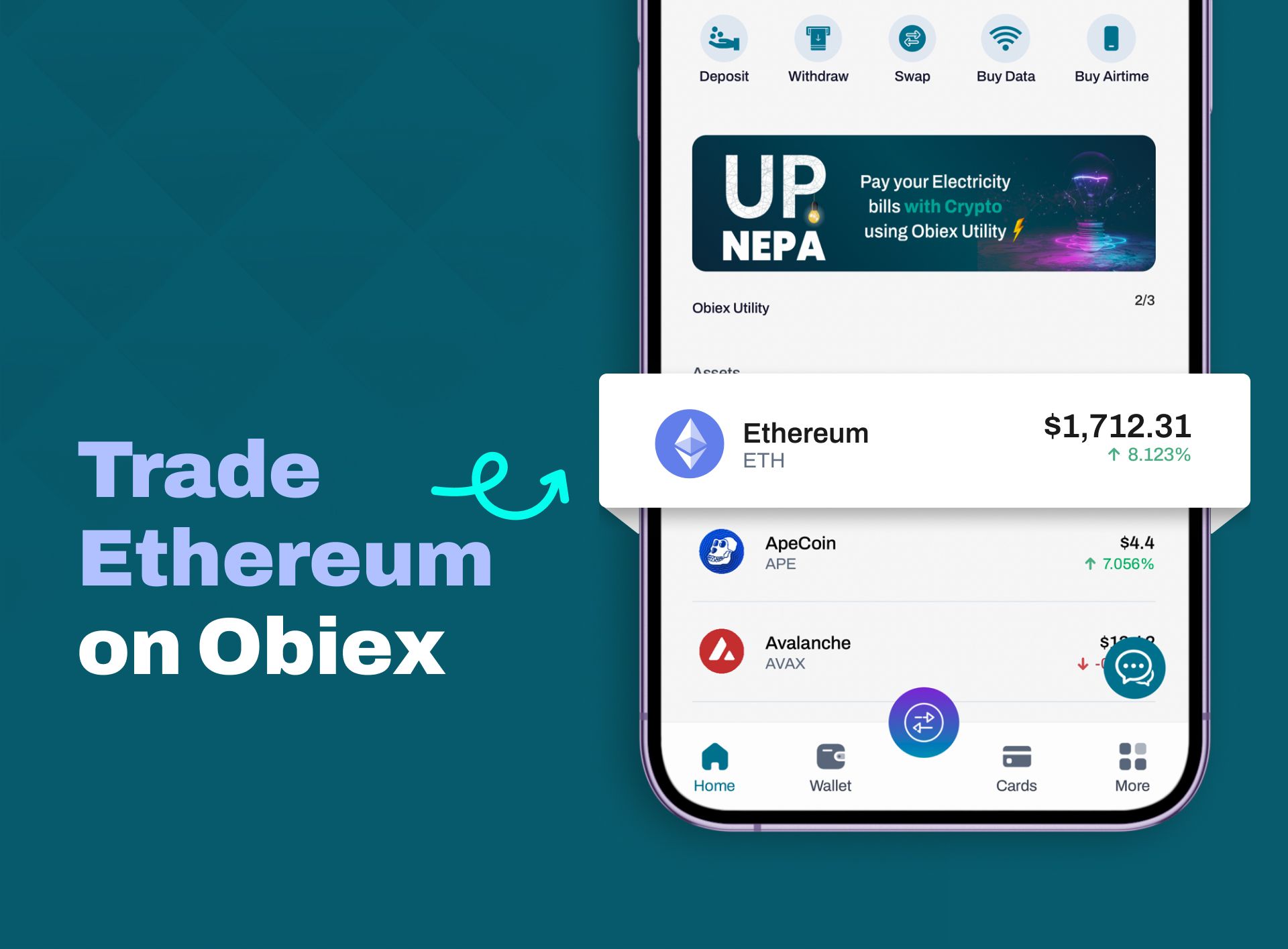
ETH has experienced significant growth since its launch in 2015. From starting at $0.9 in 2015 to an all-time high of $4,891 in 2021. Currently, ETH is trading at $1,877.
Binance Coin (BNB)
Since its launch in 2017, Binance Coin (BNB) has evolved from just being used to pay fees and trade on Binance, one of the largest crypto exchanges in the world. It can be traded or swapped for BTC, ETH or other cryptocurrencies and on other exchanges, including Obiex.
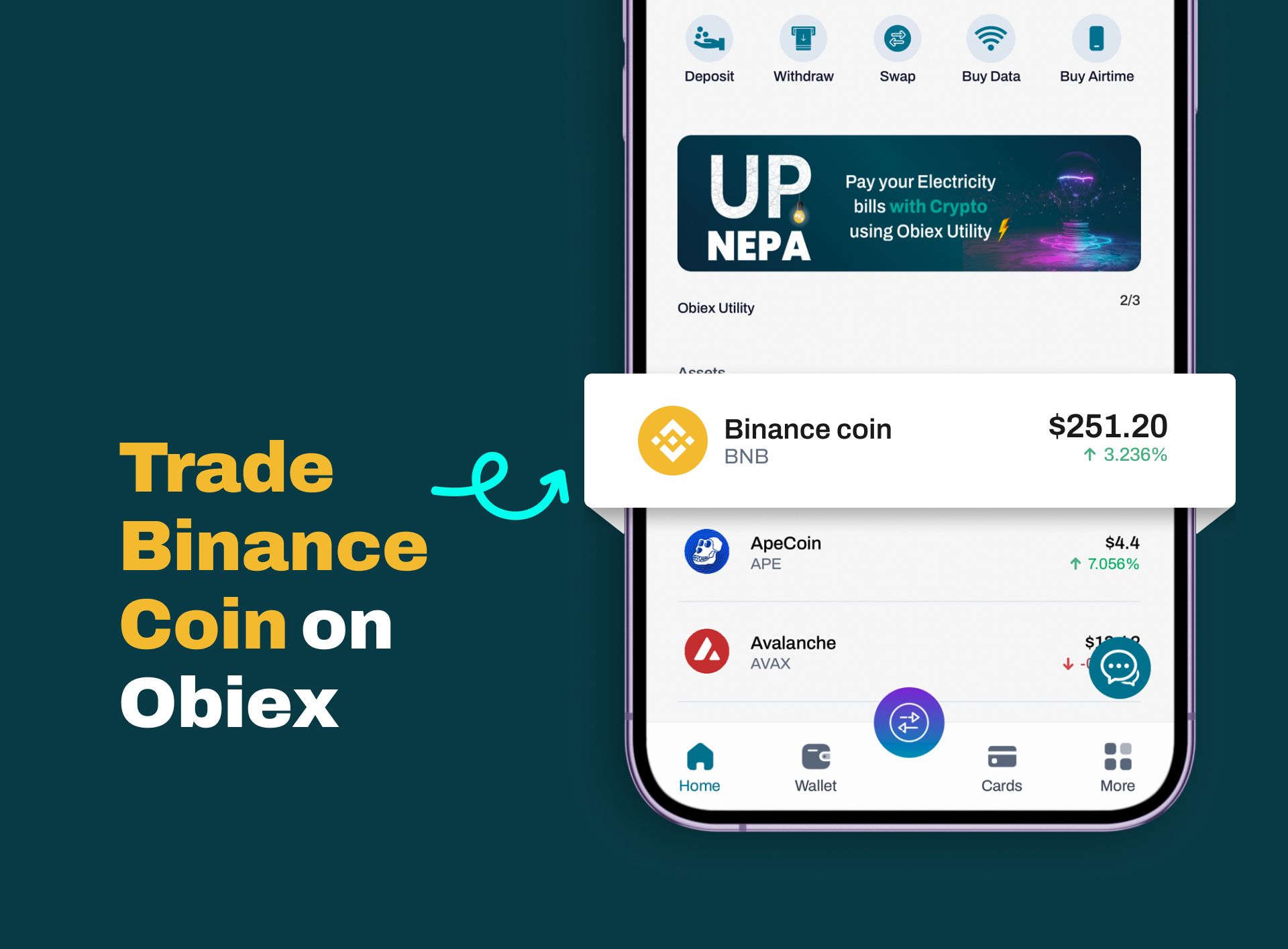
BNB started at $0.10 in 2017, hit an all-time high of $686.31 in 2021, and is currently trading at $237.
Cardano (ADA)
Cardano was one of the first blockchains to use proof-of-stake validation for cryptocurrency transactions. Proof-of-stake is great because it saves energy, makes transactions faster, and is better for the environment. Cardano, like Ethereum, allows developers to create decentralised apps and run smart contracts.
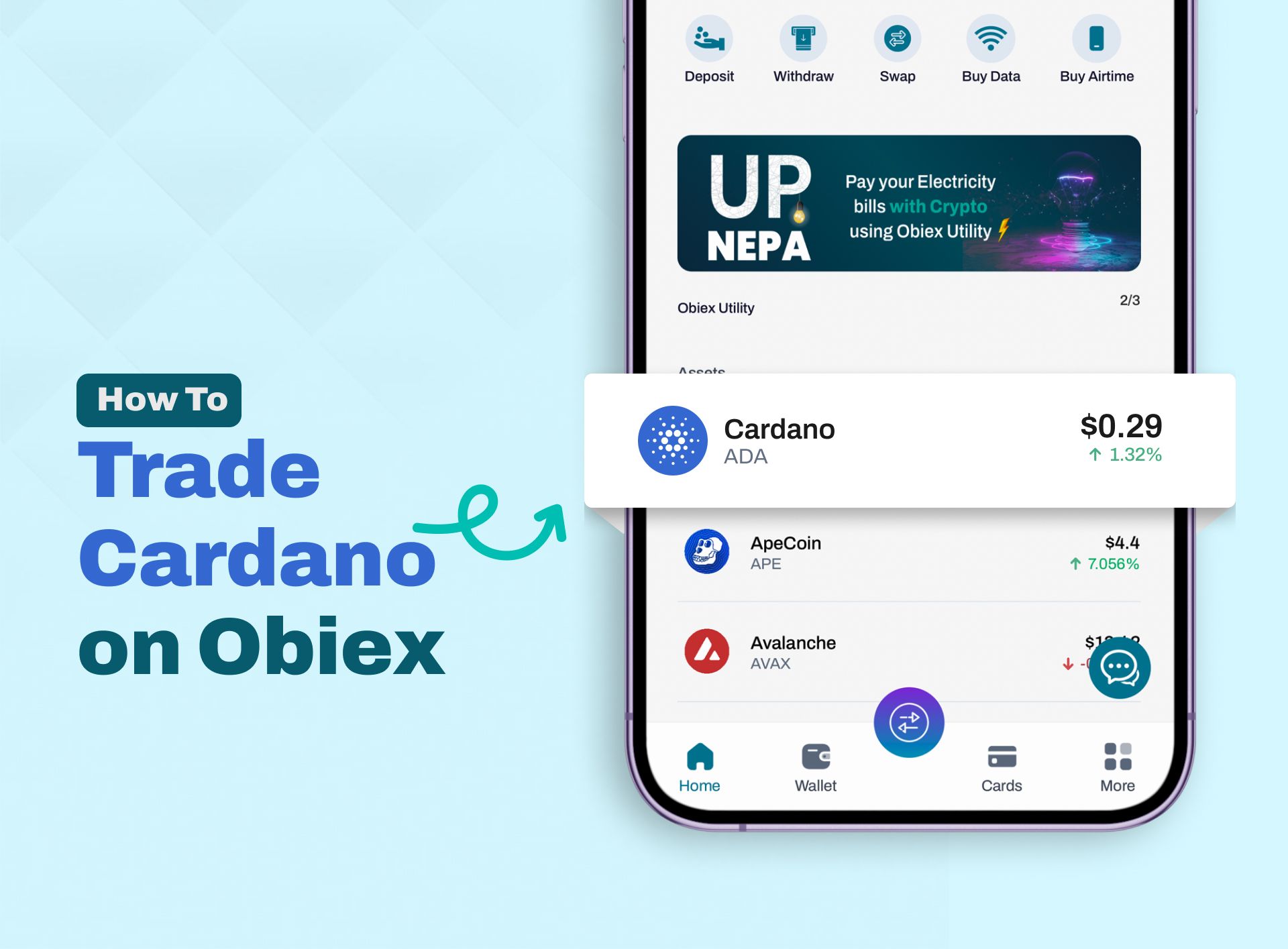
Cardano's native coin is called ADA (market cap - $9.8B), and it was launched in 2017. It hit an all-time high of $3.10 in 2021 and is currently trading at $0.2804.
Solana (SOL)
The Solana blockchain was created to help developers build decentralised apps, support decentralised finance, and create smart contracts.
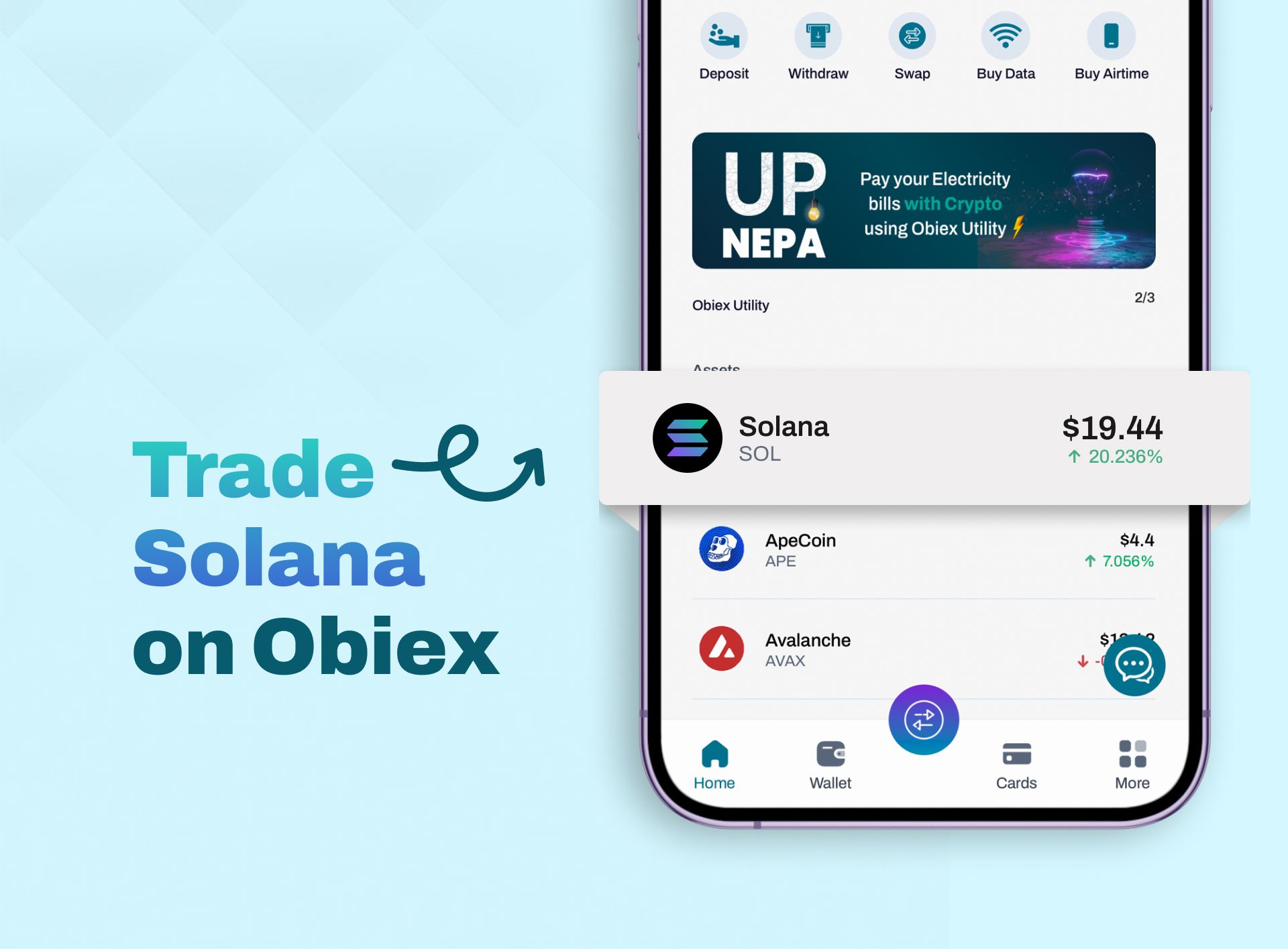
Its native cryptocurrency, SOL, was launched in 2020 and hit an all-time high of $260 in 2021. Unfortunately, the crypto winter/bear market sent its price crashing considerably, and SOL is currently trading at $19.62.
Bonus:
Litecoin (LTC)
Litecoin was launched in 2011 as an alternative to Bitcoin. Like BTC, it has a limited total supply of 84 million tokens. It is the 10th largest cryptocurrency in the world, with a market capitalisation of $7.7B.
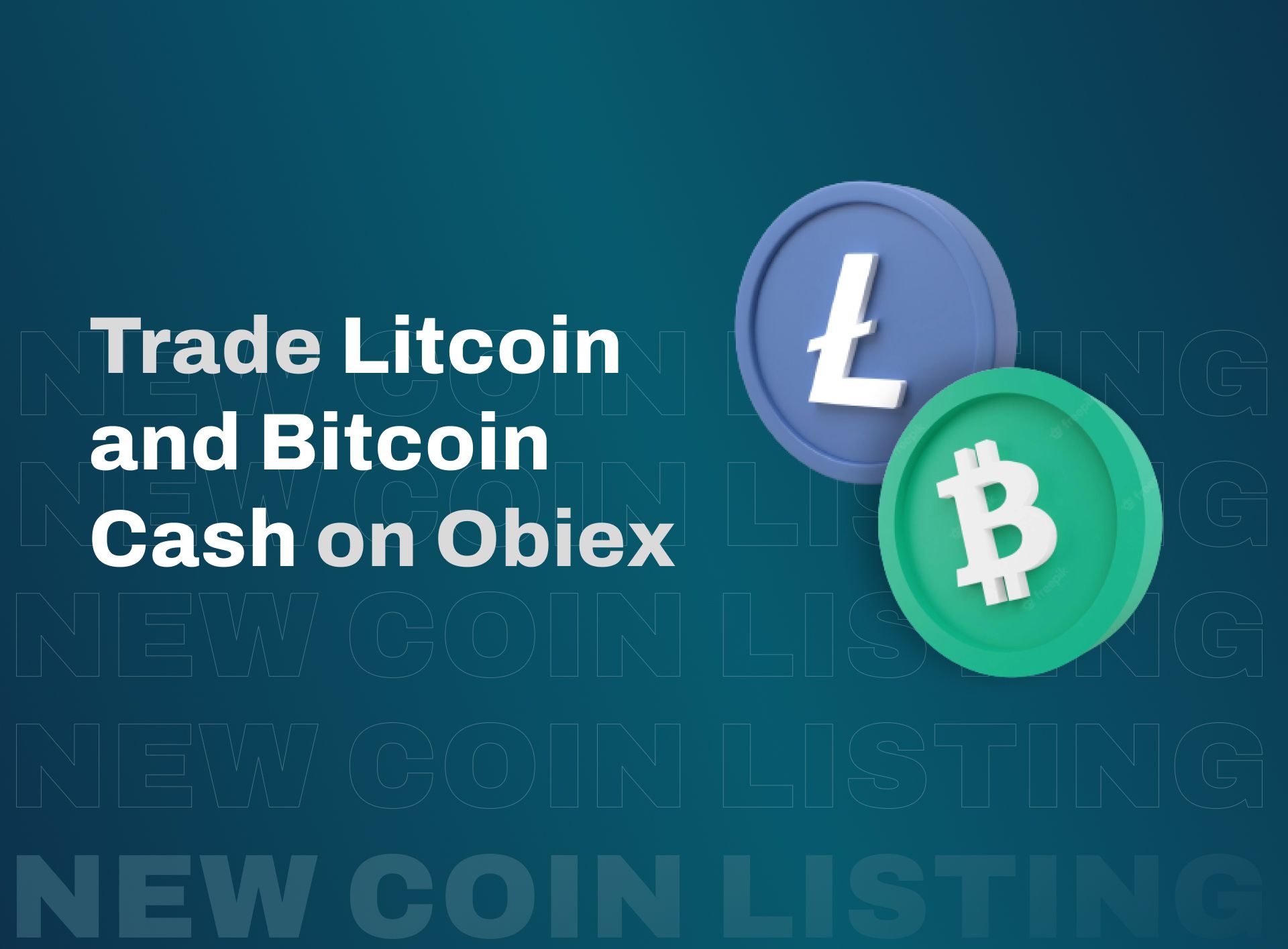
In 2021, LTC hit an all-time high of $412.96 and is currently trading at $98.83.
Win An All-Expense Trip to Zanzibar and other Exciting Prizes in the Obiex Trading Contest!

Disclaimer: This article was written by the writer to provide guidance and understanding of cryptocurrency trading. It is not an exhaustive article and should not be taken as financial advice. Obiex will not be held liable for your investment decisions.




